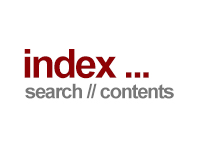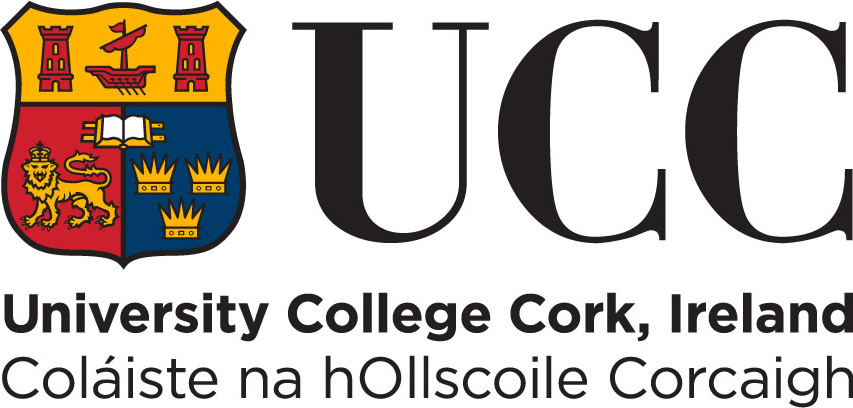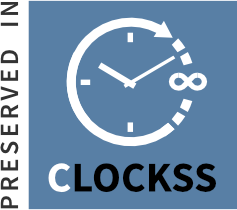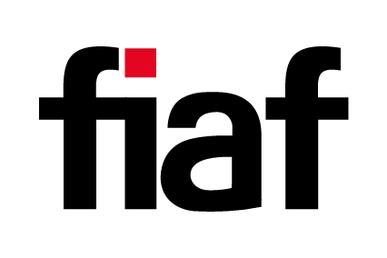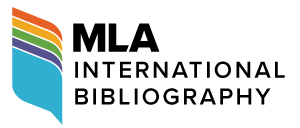Collaborating with Refugees: Power, Ethics and Reciprocity in Documentary Filmmaking
Mandy Hughes
Abstract: Representing stories through documentary film can offer a means to convey multilayered and sensory accounts of the lived experiences of people in extreme transition, especially former refugees. However, along with the potential of this medium comes the responsibility to engage with participants in an ethical and reciprocal manner. This article examines these prerequisites and applies them to two films about the experiences of people from refugee backgrounds in Australia. The first film, The Last Refuge: Food Stories from Myanmar to Coffs Harbour (2015), explores the Myanmar community, their sociocultural relationship to food and how this informs their identity. The second film, 3Es to Freedom (2017), documents a supported employment program for women from refugee backgrounds. Despite having different purposes and target audiences, the two films reinforced the importance of establishing informed and negotiated consent with marginalised people as the basis of all interactions and representations on film. Such negotiation seeks to minimise power imbalances and forms the ethical starting point for reflexive filmmaking practice that considers the filmmakers’ and participants’ intentions, and that promotes a heightened awareness of how knowledge is created through image-making.



